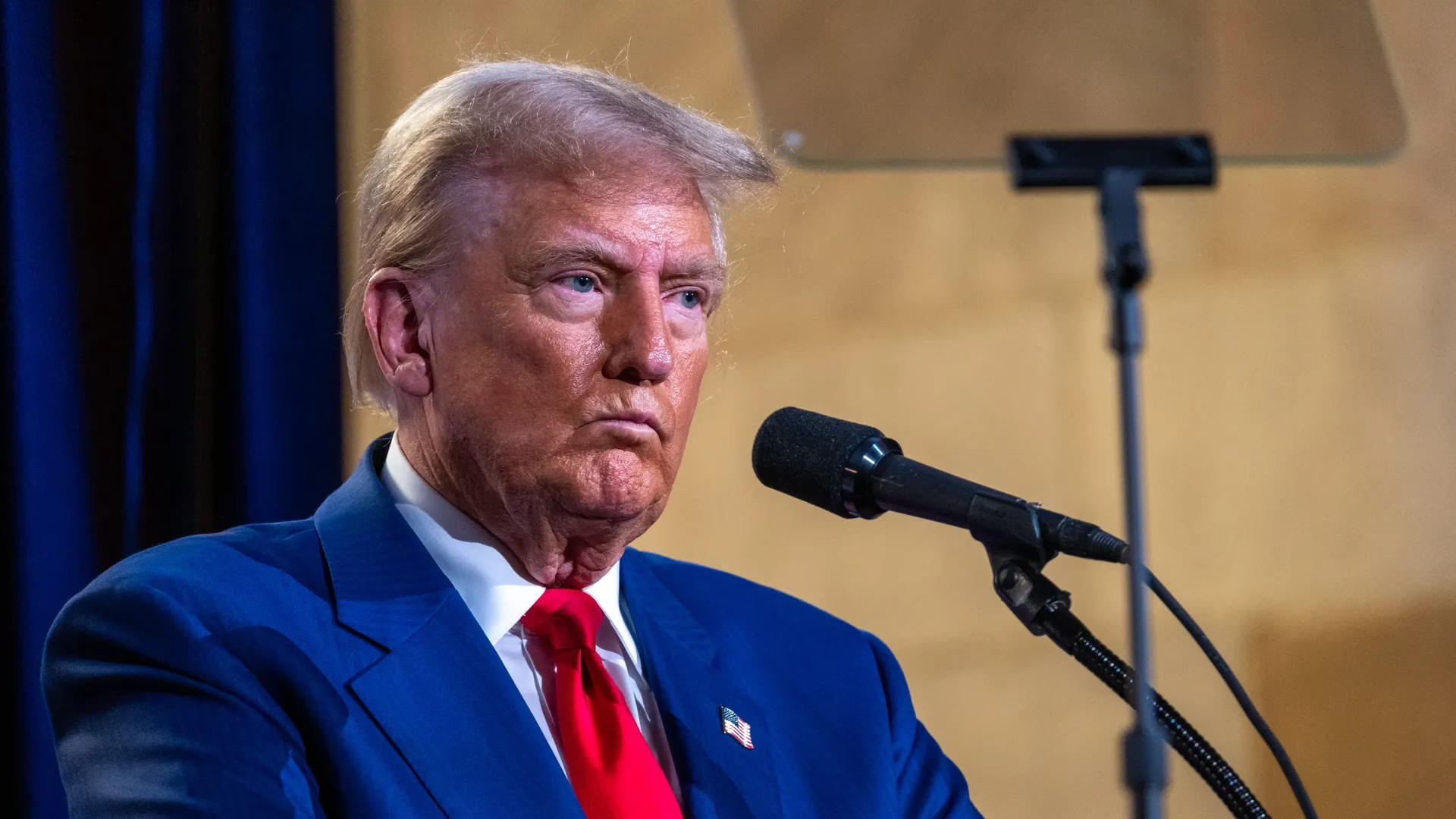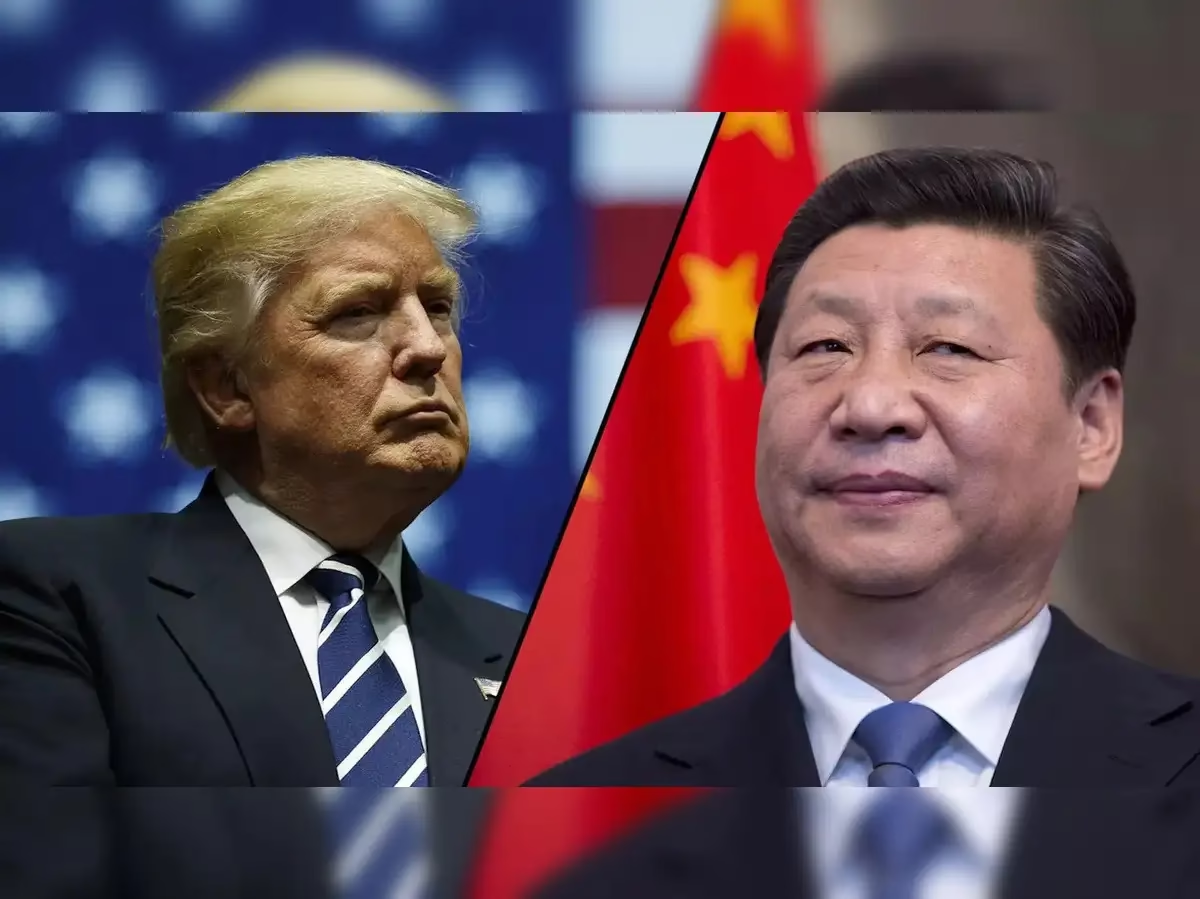As Donald Trump nears the 100-day milestone in his latest term, a series of fresh polls paints a challenging picture for the former president’s economic agenda. Surveys conducted by Reuters/Ipsos, USA Today/Suffolk University, Pew Research, and others indicate a significant drop in public confidence regarding Trump’s handling of the economy—once considered his strongest asset with voters.
Public Sentiment Sours on Economic Management
According to a Reuters/Ipsos poll released Tuesday, only 39% of Americans approve of Trump’s handling of the economy, while a majority—56%—disapprove. The downturn in public opinion marks a stark contrast to the optimism that accompanied Trump’s re-election bid, which hinged heavily on promises of economic resurgence and inflation control.
The survey highlights growing concern among Americans about rising living costs, stagnant wages, and ongoing market volatility. Despite low unemployment and strong corporate earnings, many voters appear unconvinced that Trump’s policies are translating into tangible benefits for everyday households.
Confidence Dip Across Key Demographics
The USA Today/Suffolk University poll shows Trump’s economic approval slipping across a range of critical demographics, including independent voters, suburban women, and working-class Americans—many of whom supported him in past elections.
Among independents, approval of Trump’s economic leadership fell to 35%, down nearly 10 points from just two months ago. Suburban voters, often a decisive swing bloc, expressed frustration with persistent inflation and the rising costs of essentials like groceries, gas, and housing.
“There was hope that things would stabilize under Trump’s economic team,” said David Paleologos, director of the Suffolk University Political Research Center. “But as prices remain stubbornly high, that optimism is eroding.”
Pew: Job Approval Slips Below 40%
Pew Research’s latest data paints an even bleaker picture for Trump’s overall job performance. Just 37% of respondents said they approve of the job he’s doing, while 59% disapprove.
The numbers represent a noticeable slide from his post-inauguration honeymoon period and suggest that dissatisfaction with his economic strategy is dragging down his broader approval ratings.
Pew’s report also indicates that most Americans believe Trump’s signature policies—such as renewed tariffs on China, deregulation efforts, and tax reforms—are benefiting corporations and the wealthy more than the middle class.
Inflation, Interest Rates Top Voter Concerns
Despite Trump’s frequent claims of overseeing a “booming comeback,” inflation remains a persistent thorn in the side of his administration. The Consumer Price Index has shown only marginal improvement, and interest rates remain elevated, pinching both consumers and businesses.
Many voters also feel that Trump’s rhetoric on trade and manufacturing hasn’t yet translated into meaningful job growth or wage increases. Concerns are particularly acute in swing states like Pennsylvania and Michigan, where voters had hoped for a stronger post-pandemic recovery under Trump’s economic leadership.
According to the Ipsos survey, 61% of respondents said the cost of living is their top financial concern, while only 21% believe the president’s policies are helping alleviate those pressures.
Mixed Reactions on Tax and Trade Policies
Trump’s renewed push for tax cuts aimed at middle-income families has yet to gain traction with the public. Nearly half of respondents in the USA Today poll said they are skeptical that new tax reforms will benefit them personally, while more than a third believe the proposals disproportionately favor high earners and large corporations.
Trade policy remains another point of contention. While Trump has eased some of his prior hardline stances toward China, voters remain unsure whether his current approach—characterized by measured tariffs and pro-America rhetoric—is yielding real gains.
“There’s a perception that Trump is talking tough on trade but walking a fine line behind the scenes,” said political analyst Molly Reynolds of the Brookings Institution. “That disconnect is frustrating for voters expecting swift action.”
A Challenging Path Ahead
As Trump approaches his 100th day back in office, the latest round of polling suggests a political tightrope ahead. While his base remains largely intact, swing voters appear increasingly skeptical, particularly when it comes to the economy—long viewed as Trump’s strongest suit.
The next few months will be crucial for the administration as it seeks to reset the narrative, push forward new economic initiatives, and regain voter trust before the 2026 midterms.
Whether Trump can reverse the trend remains to be seen. But for now, the numbers are clear: Americans are growing increasingly uneasy with the direction of the economy, and that discontent is putting pressure on the White House to deliver results—fast.




